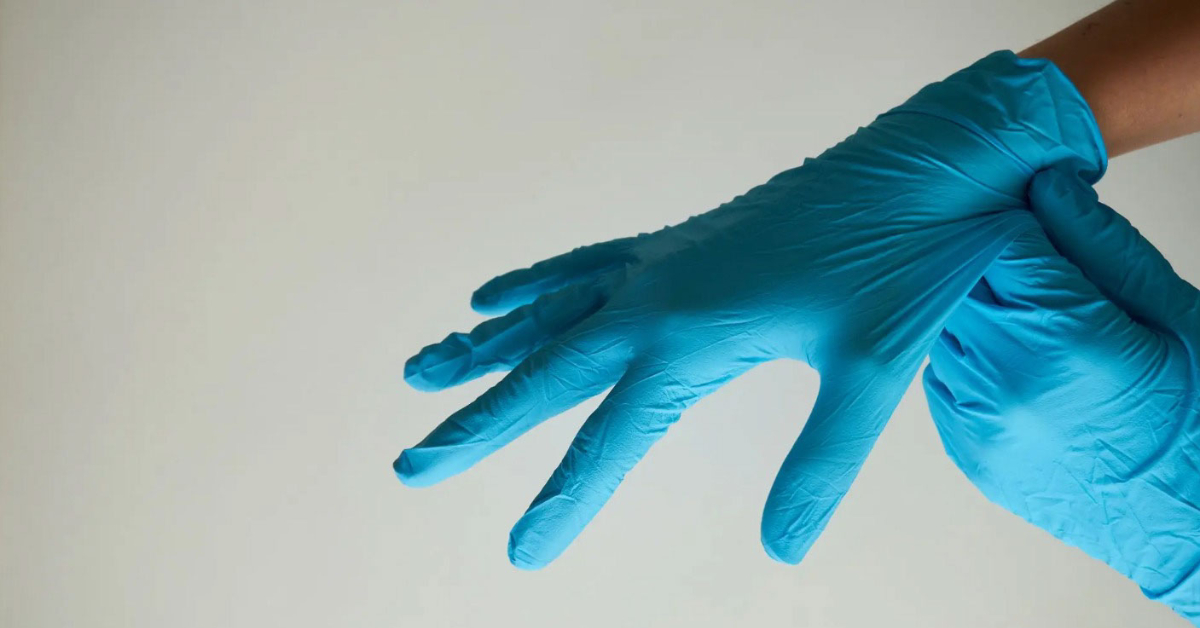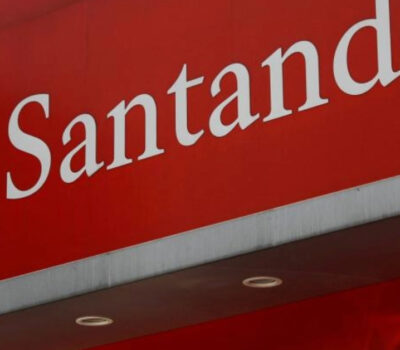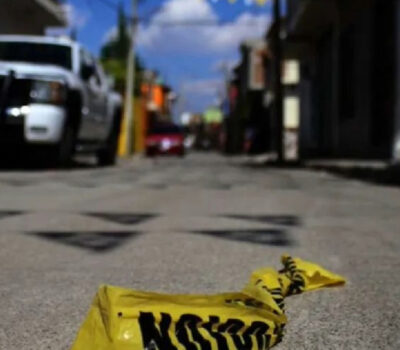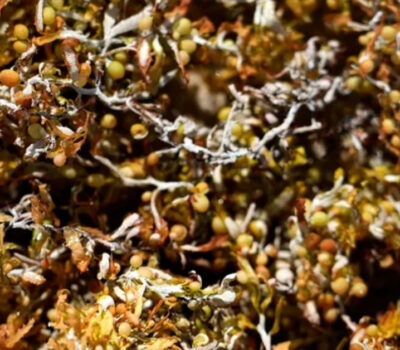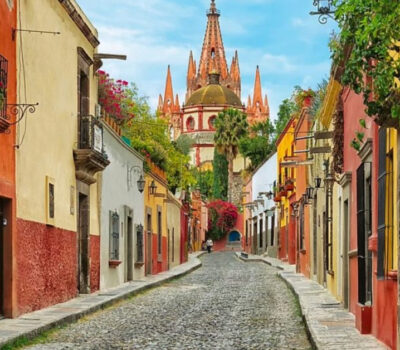As a result of active epidemiological surveillance for the detection, study and timely care of suspected cases of monkeypox in health units throughout the state, the Jalisco Health Secretariat (SSJ) reports 13 new cases of the disease.
Typically the location of each case is disclosed, however, that information has not been released at this time.
At the cut of this Monday, August 15, the Institute of Epidemiological Diagnosis and Reference “Dr. Manuel Martínez Báez” (InDRE) has confirmed a total of 46 patients in Jalisco, all male whose ages range between 21 and 60 years.
Of the total cases; 18 are still active, and epidemiological surveillance and contact investigation actions are maintained in all of them, to date no deaths have been recorded from this viral infection. Meanwhile, 125 people are monitoring their health status, without reporting symptoms, due to possible exposure.
The SSJ State Epidemiological Surveillance System has provided 165 clinical evaluations both in Puerto Vallarta and in the health units of the sector in the State, which received patients who request care, testing, and information about monkeypox.
In the 125 municipalities of the state, the protocol is maintained to provide guidance, and care and remain on alert in all medical units in the health sector for the referral of suspected cases, sample collection, and subsequent confirmation or discarding.
You can get monkeypox through close physical contact with someone who has symptoms. The rash, body fluids (such as fluid, pus, or blood from skin lesions), and scabs are especially infectious. Clothing, bedding, towels, or objects such as eating utensils or dishes that have been contaminated with the virus from contact with an infected person can also infect other people.
Ulcers, lesions, or sores in the mouth can also be infectious, meaning the virus can be spread through saliva. People who interact closely with someone infected, such as health workers, family members, and sexual partners, are therefore at higher risk of infection.
People with monkeypox are infectious as long as they have symptoms (usually two to four weeks).
Mexico has 252 confirmed cases of monkeypox nationwide.
As of August 15, 610 cases have been identified, however, the Institute for Epidemiological Diagnosis and Reference ( InDRE ) has only confirmed 252, which is the institute that the government uses its data. Much like with the COVID-19 pandemic, the only data reported was that from government hospitals and clinics, not private institutions. So just as with COVID-19, monkeypox infections are likely much higher than the official data from the government.
Currently, Mexico City is the entity with the highest number of monkeypox infections, with 141; followed by Jalisco with 46, and Yucatán with 15, based on government data.
Quintana Roo and the State of Mexico report 9 cases each. Nuevo León, Baja California, Chiapas and Veracruz add 4 infections.
In Tabasco 3 cases are reported and two in Oaxaca, Puebla and Colima, each. Likewise, a case is registered in Baja California Sur, Chihuahua, Morelos, Michoacán, Querétaro, San Luis Potosí and Sinaloa.
94 percent of patients are men and only 6 percent are women.
In Jalisco, you can contact the Call Center 24 hours a day at 33-3823-3220 or the Epidemiological and Sanitary Intelligence Unit (UIES) of the Jalisco Health Secretariat at 33-3030-5000 ext. 35059 and 35072 with any concerns regarding monkeypox.
The module in Puerto Vallarta remains open for attention to cases that require information, clarify doubts, or present suggestive symptoms at Calle Rivera del Río #200, Zona Romántica.
As a result of active epidemiological surveillance for the detection, study and timely care of suspected cases of monkeypox in health units throughout the . . .

